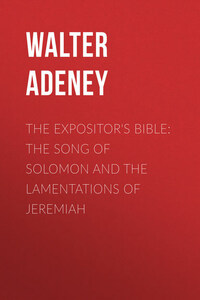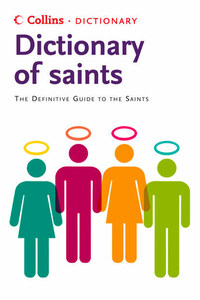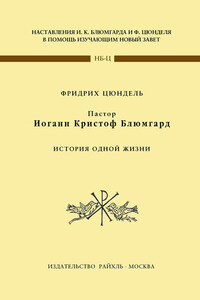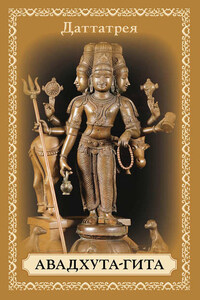CHAPTER I.
INTRODUCTORY: EZRA AND NEHEMIAH
Though in close contact with the most perplexing problems of Old Testament literature, the main history recorded in the books of 'Ezra' and 'Nehemiah' is fixed securely above the reach of adverse criticism. Here the most cautious reader may take his stand with the utmost confidence, knowing that his feet rest on a solid rock. The curiously inartistic process adopted by the writer is in itself some guarantee of authenticity. Ambitious authors who set out with the design of creating literature – and perhaps building up a reputation for themselves by the way – may be very conscientious in their search for truth; but we cannot help suspecting that the method of melting down their materials and recasting them in the mould of their own style which they usually adopt must gravely endanger their accuracy. Nothing of the kind is attempted in this narrative. In considerable portions of it the primitive records are simply copied word for word, without the least pretence at original writing on the part of the historian. Elsewhere he has evidently kept as near as possible to the form of his materials, even when the plan of his work has necessitated some condensation or readjustment. The crudity of this procedure must be annoying to literary epicures who prefer flavour to substance, but it should be an occasion of thankfulness on the part of those of us who wish to trace the revelation of God in the life of Israel, because it shows that we are brought as nearly as possible face to face with the facts in which that revelation was clothed.
In the first place, we have some of the very writings of Ezra and Nehemiah, the leading actors in the great drama of real life that is here set forth. We cannot doubt the genuineness of these writings. They are each of them composed in the first person singular, and they may be sharply distinguished from the remainder of the narrative, inasmuch as that is in the third person – not to mention other and finer marks of difference. Of course this implies that the whole of Ezra and Nehemiah should not be ascribed to the two men whose names the books bear in our English Bibles. The books themselves do not make any claim to be written throughout by these great men. On the contrary, they clearly hint the opposite, by the transition to the third person in those sections which are not extracted verbatim from one or other of the two authorities.
It is most probable that the Scripture books now known as Ezra and Nehemiah were compiled by one and the same person, that, in fact, they originally constituted a single work. This view was held by the scribes who arranged the Hebrew Canon, for there they appear as one book. In the Talmud they are treated as one. So they are among the early Christian writers. As late as the fifth century of our era Jerome gives the name of "Esdras" to both, describing "Nehemiah" as "The Second Book of Esdras."
Further, there seem to be good reasons for believing that the compiler of our Ezra-Nehemiah was no other than the author of Chronicles. The repetition of the concluding passage of 2 Chronicles as the introduction to Ezra is an indication that the latter was intended to be a continuation of the Chronicler's version of the History of Israel. When we compare the two works together, we come across many indications of their agreement in spirit and style. In both we discover a disposition to hurry over secular affairs in order to dilate on the religious aspects of history. In both we meet with the same exalted estimation of The Law, the same unwearied interest in the details of temple ritual and especially in the musical arrangements of the Levites, and the same singular fascination for long lists of names, which are inserted wherever an opportunity for letting them in can be found.
Now, there are several things in our narrative that tend to show that the Chronicler belongs to a comparatively late period. Thus in Nehemiah xii. 22 he mentions the succession of priests down "to the reign of Darius the Persian." The position of this phrase in connection with the previous lists of names makes it clear that the sovereign here referred to must be Darius III., surnamed Codommanus, the last king of Persia, who reigned from B.C. 336 to B.C. 332. Then the title "the Persian" suggests the conclusion that the dynasty of Persia had passed away; so does the phrase "king of Persia," which we meet with in the Chronicler's portion of the narrative. The simple expression "the king," without any descriptive addition, would be sufficient on the lips of a contemporary. Accordingly we find that it is used in the first-person sections of Ezra-Nehemiah, and in those royal edicts that are cited in full. Again, Nehemiah xii. 11 and 22 give us the name of Jaddua in the series of high-priests. But Jaddua lived as late as the time of Alexander; his date must be about B.C. 331.1 This lands us in the Grecian period. Lastly, the references to "the days of Nehemiah"2 clearly point to a writer in some subsequent age. Though it is justly urged that it was quite in accordance with custom for later scribes to work over an old book, inserting a phrase here and there to bring it up to date, the indications of the later date are too closely interwoven with the main structure of the composition to admit this hypothesis here.









